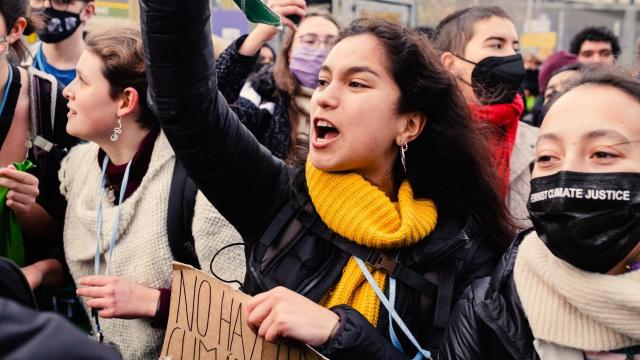GLASGOW, SCOTLAND — Climate talks have gone into overtime, with negotiators blowing past the Friday official ending. A new draft text that dropped Saturday morning showed that developed and fossil fuel-producing countries continue to be impediments to the action needed.
Being inside the talks is frankly a bit of a mind fuck. Within the halls, it’s clear how monumentally important the talks are for some people. While there have been some side agreements at the talks in Glasgow, including a firm commitment by a small set of first-mover governments to end oil and gas and less stellar agreements on methane and clean cars, the draft text has failed to deliver on promises of money and the urgent need to end fossil fuel use. It’s looking like Glasgow will be marked as yet another series of talks that’s unlikely to deliver what the world actually needs.
On Friday, a contingent of civil society watchers who have access to the talks staged a walkout, meeting with activists in the streets to show their intense displeasure with what was happening in the negotiating rooms. It was a powerful statement also meant to shake the whole world from its reverie and give a damn.
Fossil fuel companies have been laser-focused on influencing the talks, sneaking in a larger contingent of delegates than the biggest country delegations. For those who want a future not decided by the companies that have done the most to damage the climate, activists said it’s vital for more people than ever to get engaged and hold governments accountable.
It’s Not Now or Never — But It’s Close
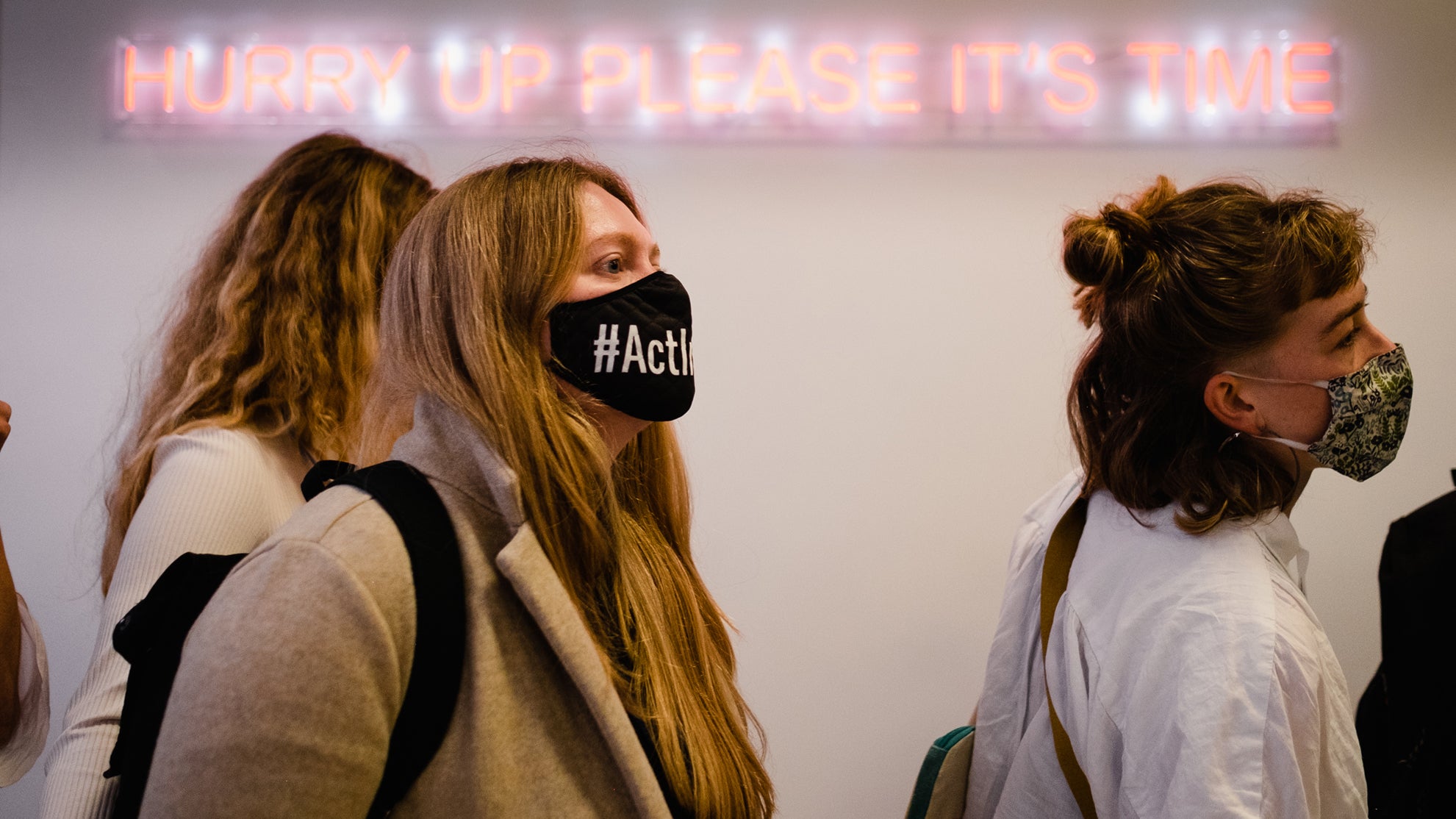
The world has already warmed 1.1. degrees Celsius since pre-industrial times due to burning fossil fuels, and we’ve seen the catastrophic impacts. This summer in the U.S. alone, record-smashing heat killed dozens, wildfires destroyed millions of acres of forests, and hurricanes and no-name storms alike caused billions in damage across the country.
This year’s Intergovernmental Panel on Climate Change report noted that this decade is a pivotal moment in human history. That urgency is clear in the attitude of NGOs and activists at the talks as well as negotiators from small island states. But it doesn’t appear to have fully sunk in for the U.S. and other large emitters.
‘Power in Their Hands
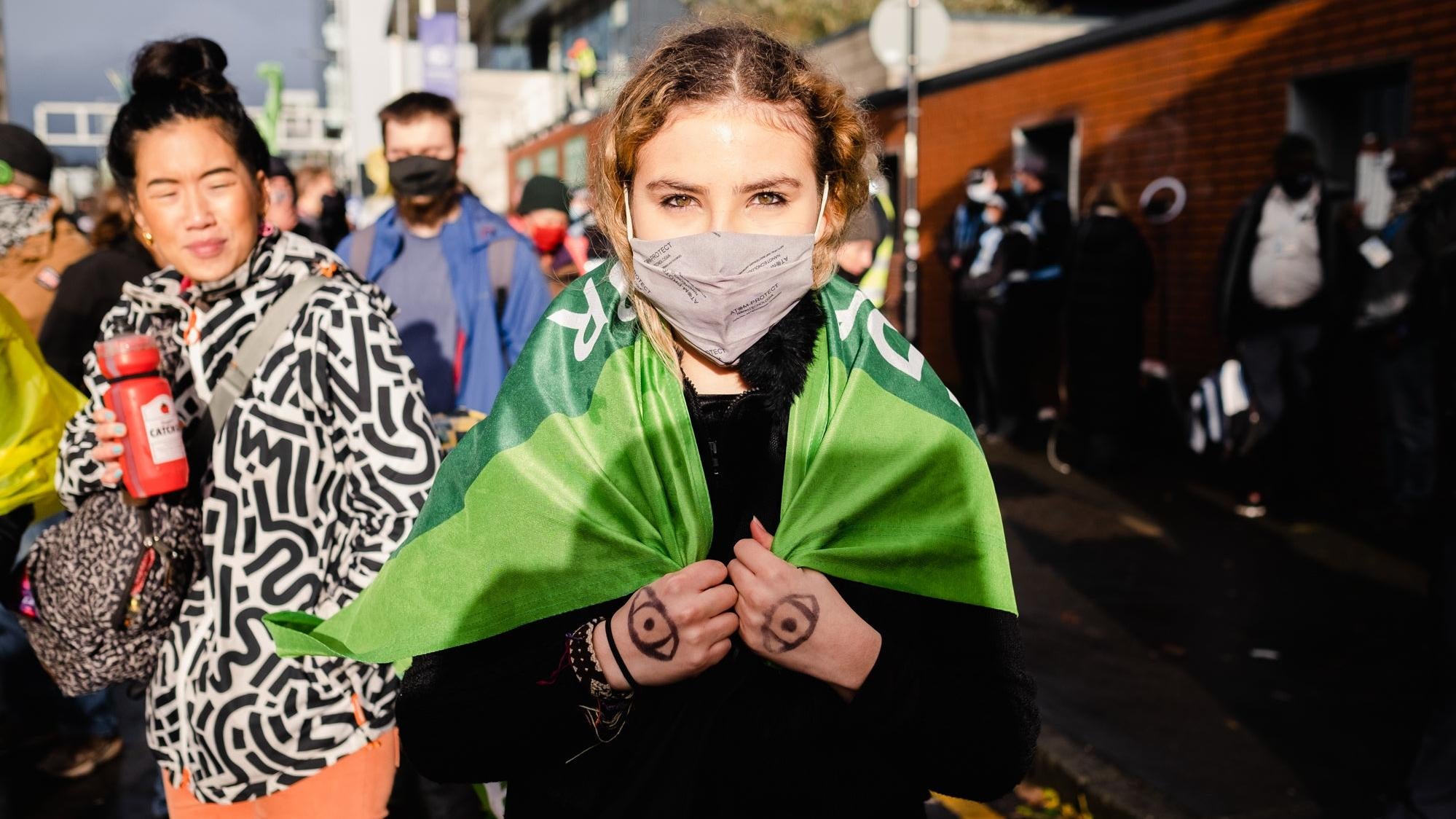
It has, however, sunk in for those who don’t have the levers of power to change the course of the world. While the UN talks are in some ways a great equilizer, which each country getting one vote in the process, there are still issues. Smaller nations tend to show up with smaller delegations. Civil society groups, particularly at these talks, can get locked out of rooms to observe and shine light on the dealings.
“The leaders have the power in their hands, but they continue to use that power to further destruction in countries like mine,” said Sofia Gutierrez, a member of Fridays for Future Colombia, as she raised her hands with with eyes drawn on them in a message to negotiators that she and others are watching. “We got the power and we’re going to keep fighting until they start acting because we don’t have more time to keep waiting.”
‘Watching a Slow Motion Disaster’
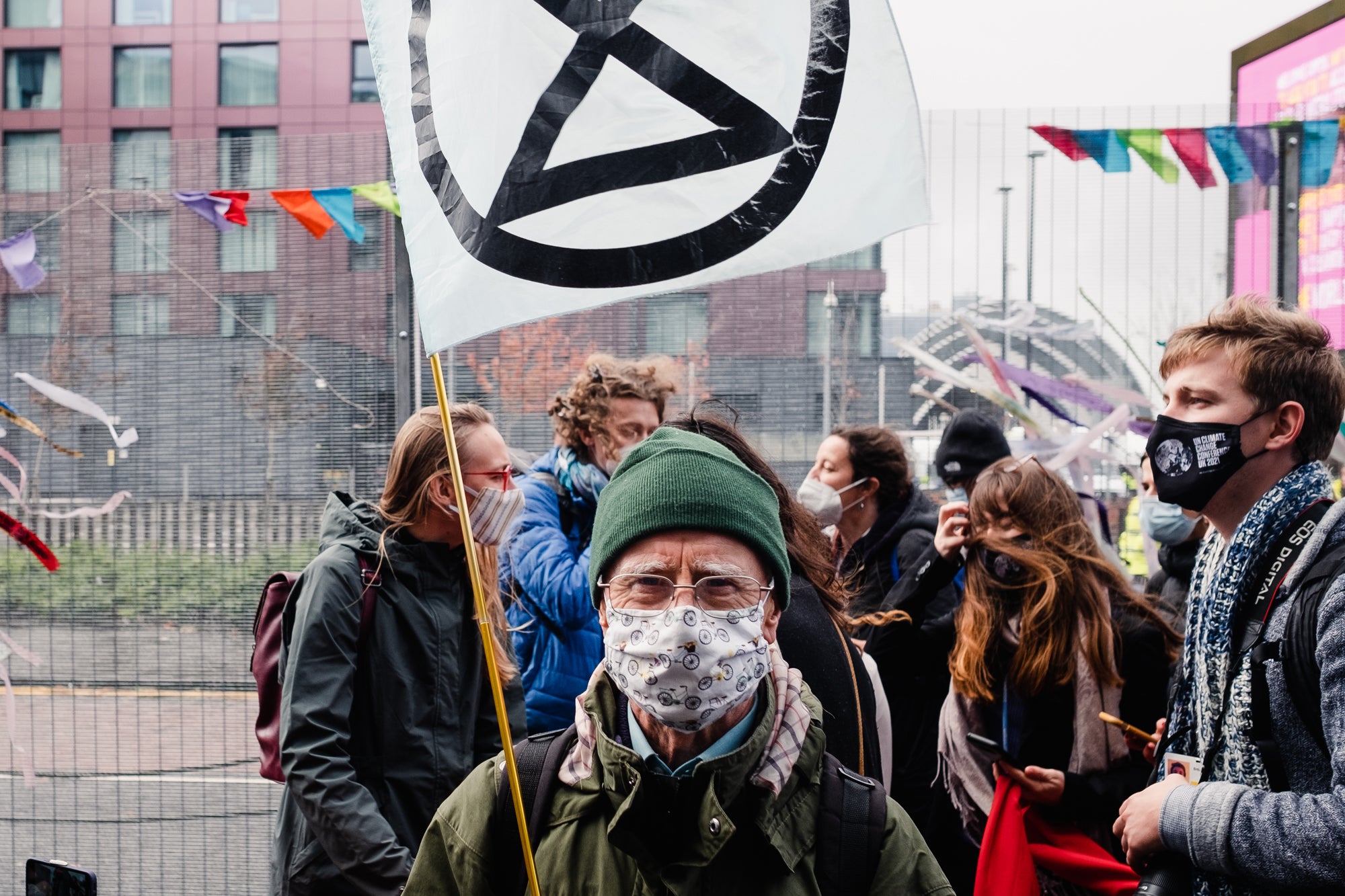
It’s not just young people or those in the developing world who are concerned. Older activists both inside the conference centre and outside the wire fence showed up to voice their displeasure with the status quo.
“It’s a bit like watching a slow motion disaster unfolding in front of me,” said Godfrey, an Extinction Rebellion activist who only wanted to give his first name. “I feel powerless to do anything about it. The best thing I felt I could do is just to be here.
“What I’m going to do next is more of the same: Protesting, writing to representatives, taking direct action where I can, and hoping that the politicians and the representatives finally begin to take notice of what the scientists are saying. That’s the critical thing. We need them to be understanding that. That’s the lesson.”
‘Hear Our Voices’
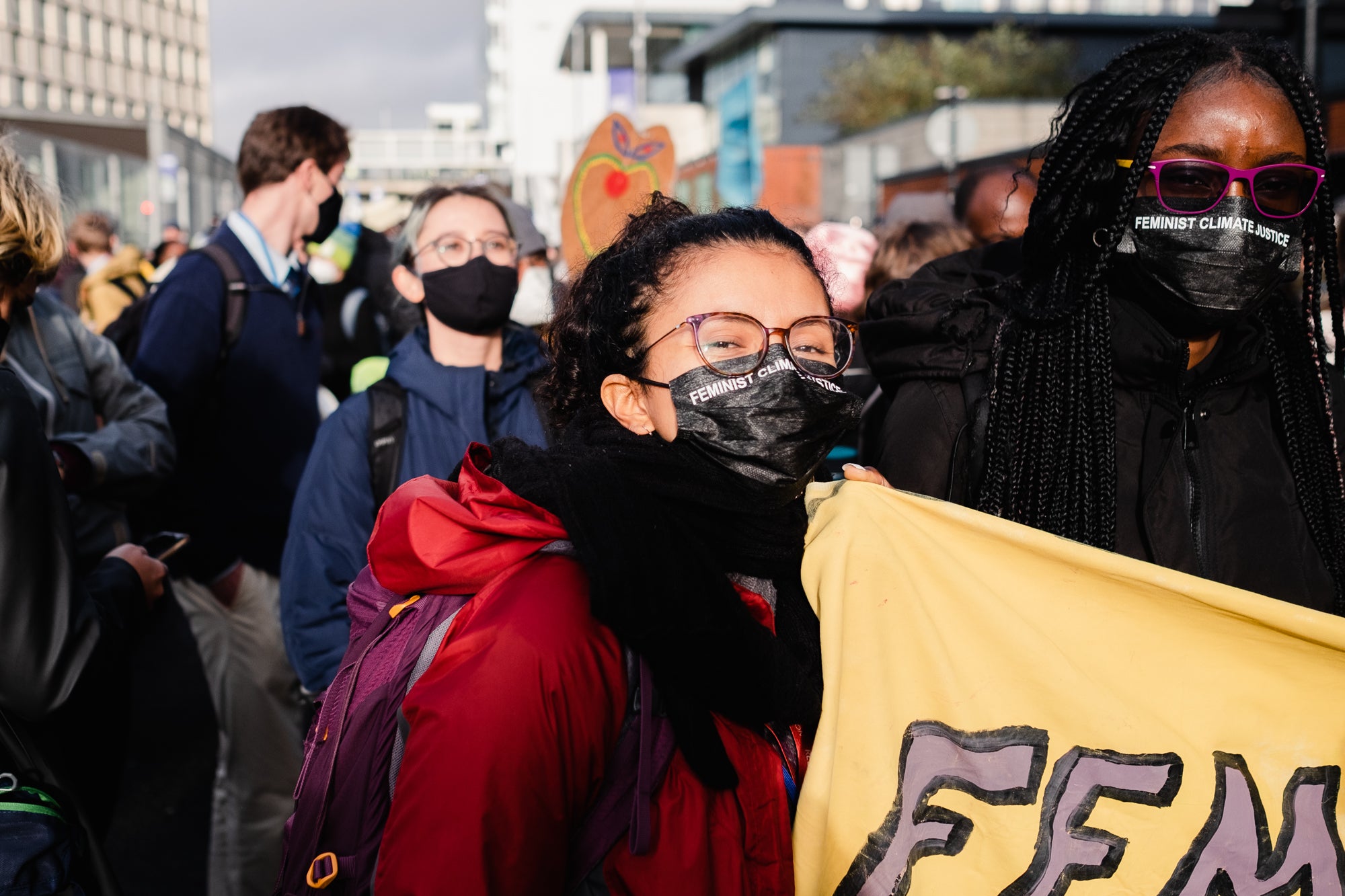
“They will not forgive us if we fail today,” EU negotiator Frans Timmermans said in a plenary session as talks stretched into Saturday afternoon. His remarks came after imploring delegates to think about someone who would be alive in 2030 and what they would tell them.
The protesters who walked out on Friday, though, want to be brought closer to the talks rather than given concessions. “What we demand is to now hear our voices,” said Gina Cortés Valderrama, an observer who is a member of the NGO Women Engage for a Common Future. “But we do not only want to be visible allies and to be seen, but also to be integrated in all the different national climate policies. That’s what we want.”
‘I Came Here to Disrupt’
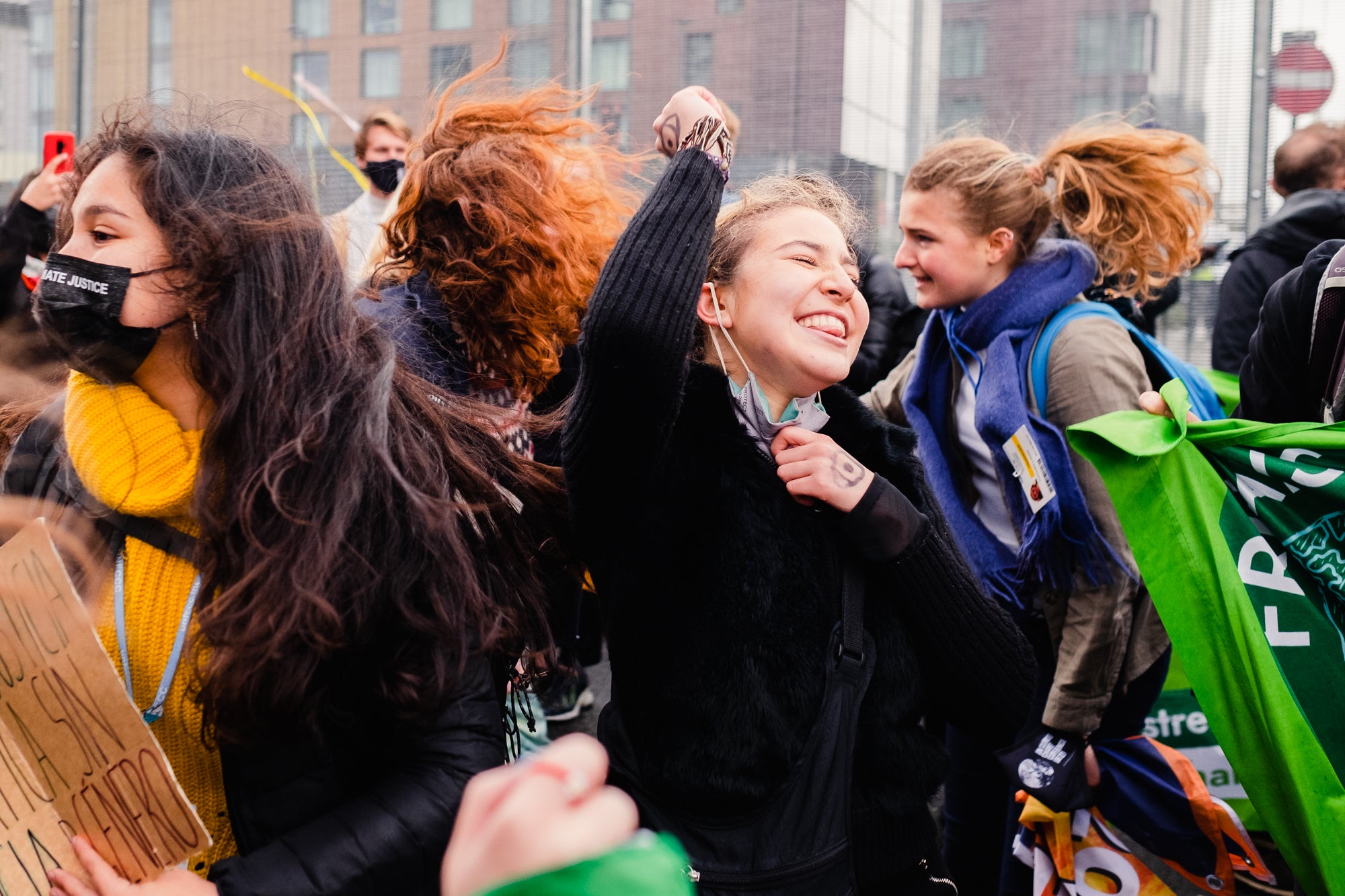
Those who walked on Friday were led by a group of Indigenous organisers. Whether fighting against fossil fuel infrastructure or carbon markets that could lead to land grabs, Indigenous protesters have been on the frontlines.
“It’s an illusion constructed to sell capitalist economies, rooted in resource extraction and colonialism,” activist Ta’Kaiya Blaney, who is a member of the Tla A’min Nation in British Columbia, said before the walkout. “I didn’t come here to fix the agenda, I came here to disrupt it.”
‘Raise Your Voice Now’
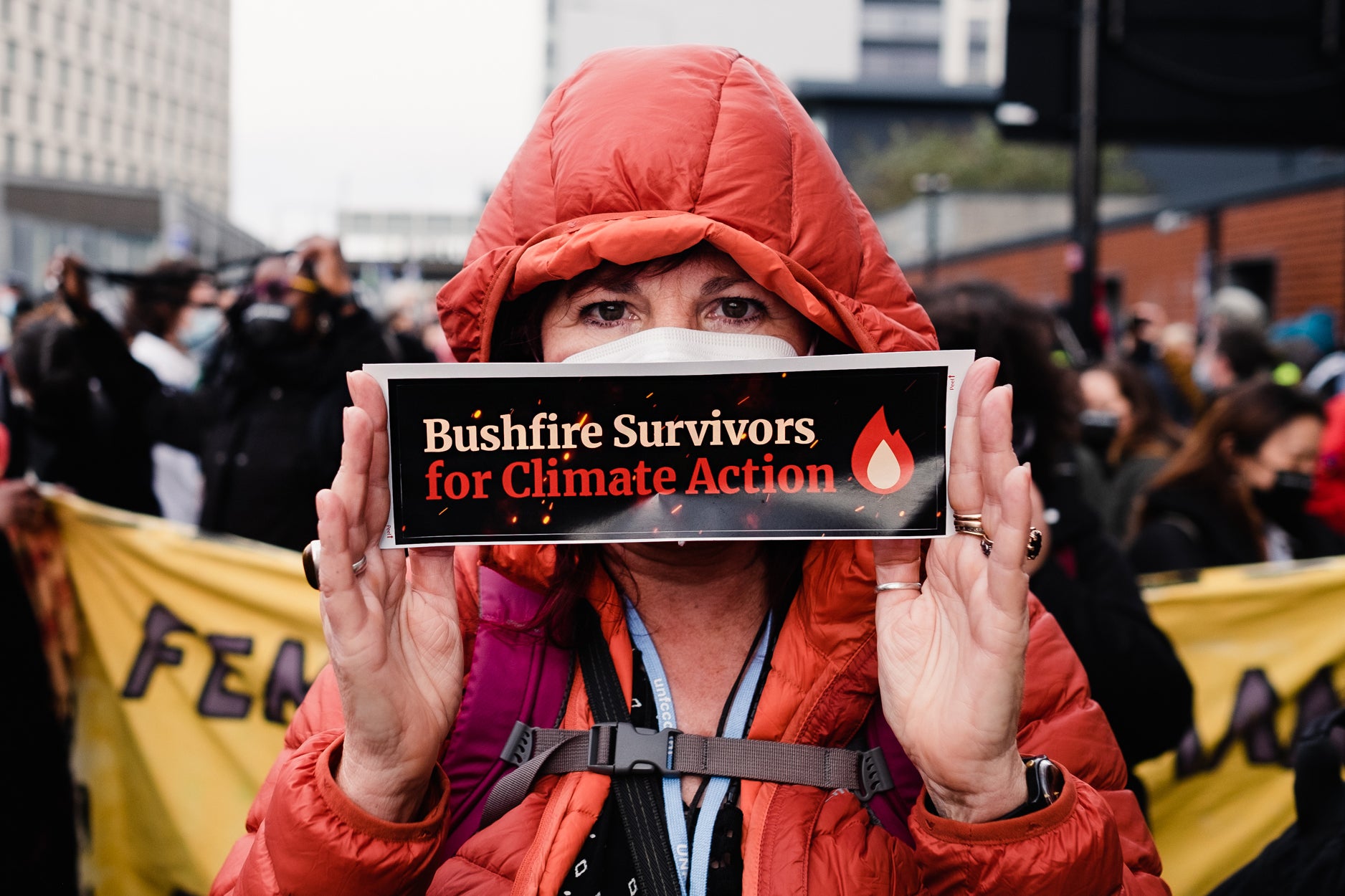
To do that will require building even greater power, with more people coming to the ramparts. And reinforcements are needed given that time to draw down emissions at the scale needed is getting short and world leaders have not gotten the message.
“Things are not moving quickly enough,” Jo-ann Dodd, an Australian activist who saw her neighbours’ homes consumed by the 2019-20 bushfires, said. “We can’t ignore their inaction. The longer that they dither, the closer each of us are to losing someone we love or our homes to a climate disaster. It’s our duty as citizens … and people who love their communities to actually step up and take action. Join one of the big groups. Join one of the small groups. Create your own group if there’s nothing else. But you need to get out there and raise your voice now because in not many years from now, it will be too late.”
